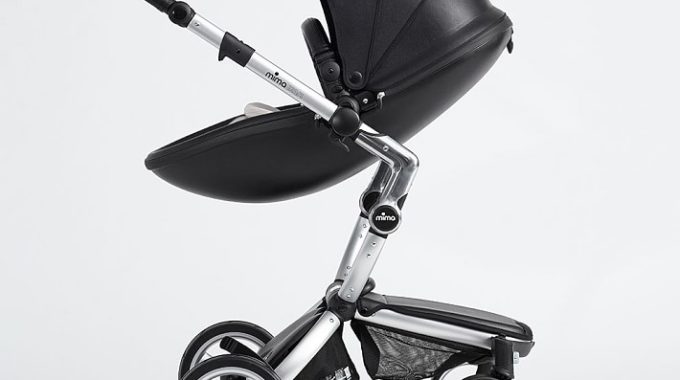Backyard Bounty Harav Chaim Weg May 20, 2021 Q: At a large barbecue in a…

The Case of the Stroller Bankroller
CORRECTION
In last week’s Q&A, a key detail of the case, one on which the halacha hinges, was inadvertently omitted from the question. The corrected exchange appears below.
Question:
A relative offered to buy us a certain eight-hundred-dollar stroller as a baby gift if we would like it. We researched the model and found that it had certain drawbacks that made it inferior to the top-of-the-line stroller. The relative said he had reason to think that our aunt might buy us the top-of-the-line stroller and noted that he didn’t want to spend the money in that case. Eventually, unsure the aunt’s gift would materialize, we gratefully accepted the bird in hand of the proffered stroller.
Not long after we took delivery, the aunt did indeed call and offer the superior one as a gift. By then, the faults of the stroller we had already received had begun to gnaw at us. May we accept the second offer and use the first stroller only when the gift giver is around?
Answer:
There is a story in the Gemara of two people who agreed to meet for a specific purpose. One party would need to travel a great distance, at significant expense, to attend the meeting. Upon arriving, he was chagrined to find that his counterpart was a no-show. The Gemara rules that the absentee must reimburse the other man’s expenses because he caused him to waste his money. This is garmi, a sort of indirect causation of loss for which the perpetrator is liable.
It appears that our story is quite similar. The gift giver clearly indicated that he doesn’t want to buy the stroller if the couple would then get the better one from the aunt. Understanding that, they told him to go ahead with the purchase. If they accept her stroller and don’t use his regularly, they are causing him to have wasted his money and they may be obliged to reimburse him for this indirect loss.
Another example, perhaps even more similar, is the Rambam’s opinion about a broken engagement: If one commits to a shidduch and the other side makes a se’udah and then the first party backs out, he must pay for the se’udah, because he caused his would-be mechutan to have wasted his money. The Ra’avad disagrees, but poskim lean toward the Rambam.
It would seem that the best way forward would be to stick with the stroller they’ve got, imperfect though it may be, and enjoy it.





